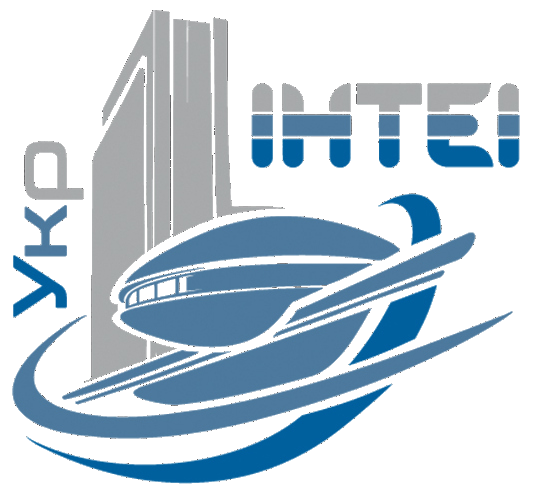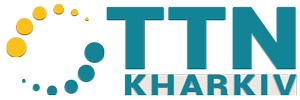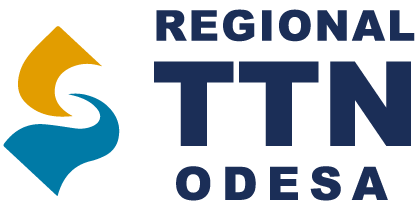Covid-19 virus detection points and symptom trackers: ten startups fueled by the pandemic
The pandemic has led to massive layoffs in both the traditional sector of the economy and the ecosystem of innovative businesses. So, in the United States, before April 21, 280 startups fired 21 thousand employees. Ukrainian startup People.ai, estimated at $ 0.5 billion, cut 27 people or 18% of staff.
However, while for some startups the pandemic has become a difficult crisis to overcome, for others it is a new opportunity to express themselves. Startups around the world make pivots (changing the startup’s course) and launch new products to help people cope with Covid-19.
EP made a selection of the ten most interesting startups from around the world who decided to confront the coronavirus pandemic.
10. Map of pharmacies where masks are sold

Boost Brothers, a South Korean startup that created the DdocDoc app to search and book hospitals, has launched a mapping service that shows where masks are sold and their inventory. The map is integrated into the DdocDoc application and is updated every five minutes.
“It’s hard for consumers to find masks selling points, and wherever they are there is usually chaos and fatigue for employees”, – said Son Yun-Bom, executive director of startup Boost Brothers.
9. Feed New York doctors

A group of New Yorkers launched the #InMyScrubs money-raising challenge to buy food at local restaurants and send it to hospitals for doctors, where the situation with the treatment of coronavirus patients is critical.
Although this is not a technological initiative, it is sincere. The idea is to post your photos on Instagram in home clothes as a sign of solidarity with doctors who are forced to wear protective suits.
Challenge raised almost 68 thousand dollars.
8. Help for the dismissed

American startup Zira makes money by selling an automated workforce management solution. The project helps manage shift schedules and communication between employees. After the pandemic began, the startup launched a free iOS app called Bounce Back.
The application is designed to help the dismissed because of Covid-19. Bounce Back teaches users how to get unemployment benefits in their city. The application also helps users create communities, stay in touch with the former employer and offers job seekers.
7. Answering machine with artificial intelligence for call centers

Japanese startup Hmcomm, which is engaged in research in the field of machine learning, processing and speech recognition, offered the Terry call center, created on the basis of AI, for free to city authorities.
In a pandemic, authorities receive a huge number of calls. Now, an answering machine 24 hours a day answers the most common questions. When a call arrives, the system converts the person’s speech into text, compares it with a list of frequently asked questions and pronounces the answer.
6. Symptom tracker Covid-19 in the phone

The British startup Zoe, which is engaged in food research, has developed the iOS and Android application Covid Symptom Tracker. The application is designed to supplement the information provided by testing programs, using data that people themselves report.
The information includes a well-being survey, which takes about one minute a day. The startup also gives an approximate picture of the potential spread of the virus in the area where the person is staying. Almost a million people downloaded the application on the first day.
5. SAFE WASHING AND CLEANING
Laundry Service LaundryGo Launched Safe Wash Service. She brings a “smart” box under the client’s door, the client puts dirty clothes in it. The service provider picks up the box after midnight, erases the clothes and delivers it in a box under the client’s door by midnight the next day.
LaundryGo says they use antiviral detergents, and drying with hot steam kills bacteria. The number of startup users has increased by 20% after the Lunar Year holiday, as South Koreans avoid visiting laundries due to concerns about Covid-19.
4. Answers to difficult questions

Astra Labs, a non-profit software company, has created a website that helps people deal with the impact of Covid-19. The site answers complex questions arising from the pandemic.
Here are some examples. “I found out that my loved one died from Covid-19. What should I do?”. “What are the funeral options?”. “What happens if a patient dies at home?”. “Can I see the body of the deceased to say goodbye?”. “Can a deceased patient be an organ donor?”
The United States leads in the number of people affected by Covid-19. On April 29, more than 1 million people fell ill there, more than 58 thousand people died.
3. Secure remote work

Because of the pandemic, companies in Japan are increasingly transferring employees to remote work, although the nature of Japanese culture and the way they do business have always been powerful barriers to this form of work. As a result, organizations do not think about cybersecurity when working from home.
In this regard, the Japanese startup Blacksands developed the product “Secure Connection as a Service”. Startup provides clients with dynamically encrypted connections using the “Separation of powers” architecture, which allows creating environments with zero trust.
2. Social distance tracker

Canadian startup Proxxi has created a wrist device called Halo. It by vibration notifies that within two meters there is another carrier of the same device. As you know, the indicated distance is considered relatively safe in case of contact with an infected person.
According to Proxxi, the device helps to comply with safety measures in the workplace where employees should be, despite the pandemic. The device uses low power Bluetooth.
The gadget maintains a log of interactions with other devices to track the contacts of people with coronavirus disease. Halo costs $ 100 and ships in the United States and Canada for free.
1. Glasses for virus detection

Chinese startup Rokid introduced Covid-19 goggles in the U.S. According to the director of the company in the USA, Liang Guang, a startup from Hangzhou is in talks with several companies to sell T1 glasses in the USA.
Glasses using an infrared sensor are able to determine the body temperature of 200 people in 2 minutes from a three-meter distance. The device is equipped with a Qualcomm processor, a 12-megapixel camera and an augmented reality system. Glasses can be controlled by voice to record photos and videos.
Rokid plans to sell the gadget to US enterprises, hospitals and law enforcement agencies. Startup in 2014 was founded by Eric Wong and Ming Zhu. He raised $ 100 million in Series B investments in 2018.
The startup is focused on developing artificial intelligence and augmented reality technologies for production and gaming applications.
Source: epravda.com.ua










